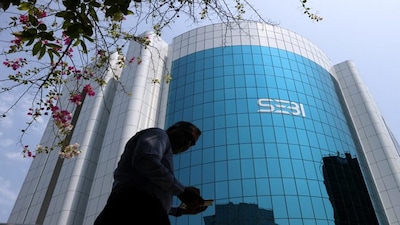The markets regulator recently barred stockbroker Ketan Parekh and two others from the securities markets for alleged involvement in a front-running scheme. Akshata Gorde explains how these illegal activities erode investor confidence & what SEBI is doing to deter such malpractices
Also ReadDelta Autocorp IPO: GMP surges 84% on Day 2 – Is this SME IPO a subscribe? What is front-running and how does it work?
Front-running is a fraudulent practice where traders or brokers build positions based on non-public information about large, impending trades by their clients to make profits once the purchase or sale happens. For example, if a mutual fund plans to buy a substantial number of shares of a particular stock, front-runners exploit this knowledge by purchasing the stock beforehand. When the fund executes its buy order, the stock’s price rises due to increased demand, allowing the front-runner to sell its holdings at a profit. Usually, brokers or fund managers who execute the trades on behalf of funds are in possession of such information and can leak it to others. If one buys shares of a company worth Rs 1 crore knowing that a fund house will be buying shares worth Rs 100 crore, he stands to make Rs 2 lakh even if the stock moves up only 2%.
Front-running is similar to insider trading with the only difference being that in the former it is the broker working for the client’s brokerage firm rather than an employee of the client who is exploiting the non-public information for his gains.
Why is this practice illegal?
Front-running exploits the information asymmetry in the markets, with insiders benefiting at the expense of regular investors. This distorts market pricing mechanisms, making prices reflect manipulated activity rather than genuine supply and demand dynamics. It breaches fiduciary duties and undermines the fairness and transparency essential for functioning of financial markets. The practice harms other market participants by inflating stock prices before they can execute their trades or by suppressing prices in the case of sell orders. Retail investors who follow market trends without insider knowledge may end up buying stocks at inflated prices or selling at deflated rates. Additionally, the practice damages trust in brokers and institutions, leading to reduced investor confidence. Front-running comes within the ambit of fraudulent and unfair trade practices identified by the Securities and Exchange Board of India (SEBI).
» Read More


